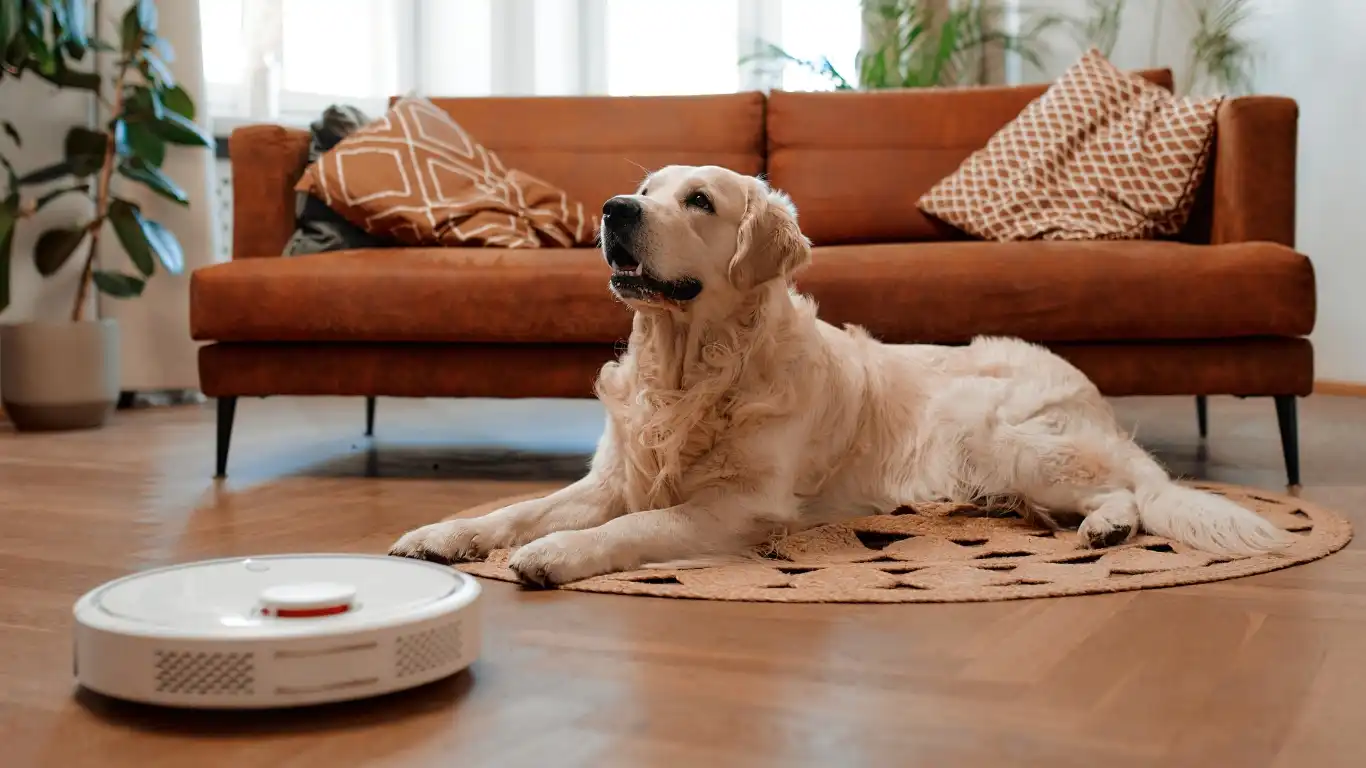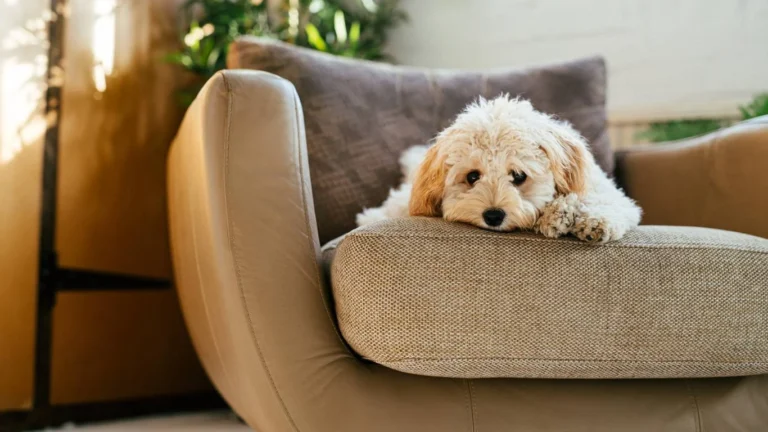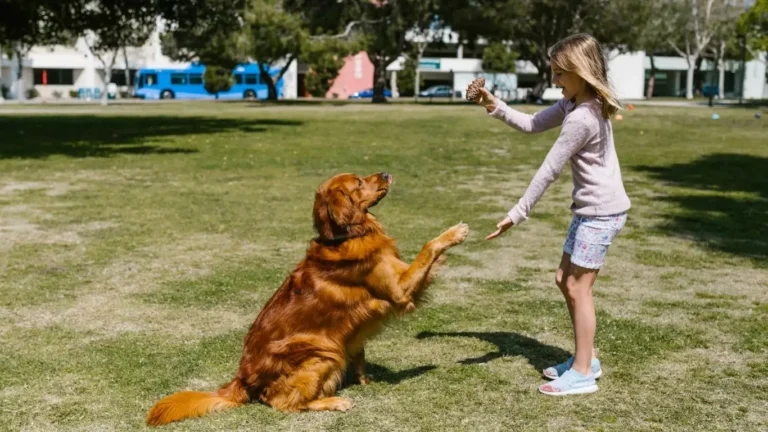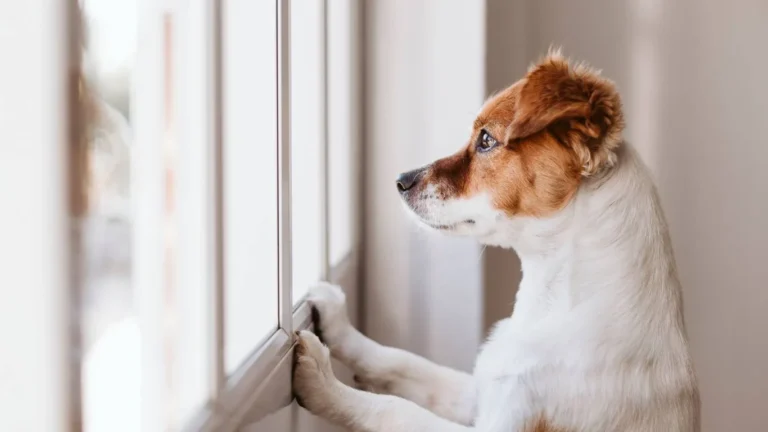Why is My Dog Panting and Restless at Night? 10 Solutions You Need
Ever found yourself wide awake at 2 a.m. wondering, “Why is my dog panting and restless at night?” You’re not alone — I’ve been there, more than once. As a Veterinary Assistant with a focus on nutrition, I’ve seen this question pop up more times than I can count, both in the clinic and online. Sometimes it’s a one-off thing. Other times, it’s a repeated nightly struggle. Dogs don’t always come with a user manual, but I’ll walk you through what I’ve learned — from the vet’s exam table to those late-night pacing sessions in my own living room.
Possible Reasons Your Dog Is Panting and Restless at Night
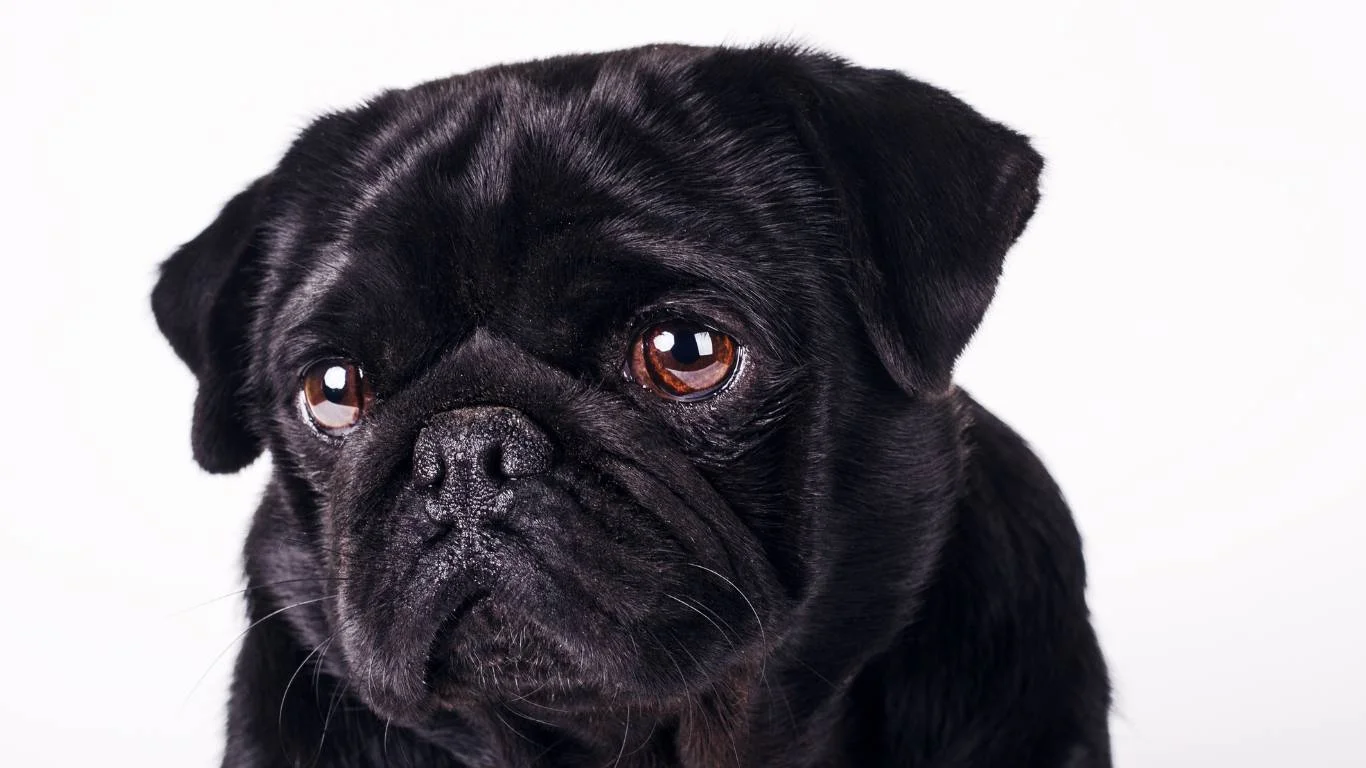
1. Discomfort or Pain
One of the most common — and often overlooked — reasons dogs act unsettled at night is pain or physical discomfort. Dogs are tough little creatures, and they hide pain pretty well during the day. But once the house quiets down and distractions fade, the discomfort can really stand out for them.
I once helped treat an older Labrador who paced and panted every single night. Turns out, it was undiagnosed arthritis. The poor guy was simply trying to get comfortable. As soon as we got him on a joint supplement and a low-inflammatory diet, the nighttime drama dropped dramatically.
- Arthritis or joint pain (especially in senior dogs)
- Digestive discomfort (bloating, gas, or nausea)
- Dental pain or mouth ulcers
- Post-surgical soreness or healing injuries
2. Anxiety and Stress
This is a biggie. Dogs feel emotions just like we do — sometimes even more intensely. Nighttime anxiety can be triggered by storms, separation, loud noises, or changes in their environment.
I’ve seen plenty of dogs come into the clinic after a big life change — like a move, a new baby in the house, or even just a change in their routine. And more often than not, their humans will say something like, “He’s just not himself at night.”
Some signs of anxiety-related restlessness include:
- Pacing or circling the room repeatedly
- Whining or barking out of the blue
- Following you obsessively
- Hiding in strange places (under beds, in closets)
3. Overheating or Temperature Changes
It sounds simple, but body temperature plays a huge role in nighttime comfort. Dogs don’t sweat the way we do. When they’re too warm, panting is their main way of cooling off. That can lead to nighttime panting — especially in flat-faced breeds like Bulldogs or Pugs.
During one particularly hot summer, I noticed my own Aussie mix, Luna, kept getting up and shifting spots all night. Turns out, her bed was just too warm. A cooling mat and a fan pointed her way worked wonders.
Things to check:
- Is the room too warm or humid?
- Does your dog have access to water?
- Is their bed made of heat-trapping materials like memory foam?
Medical Conditions That Can Cause Nighttime Panting
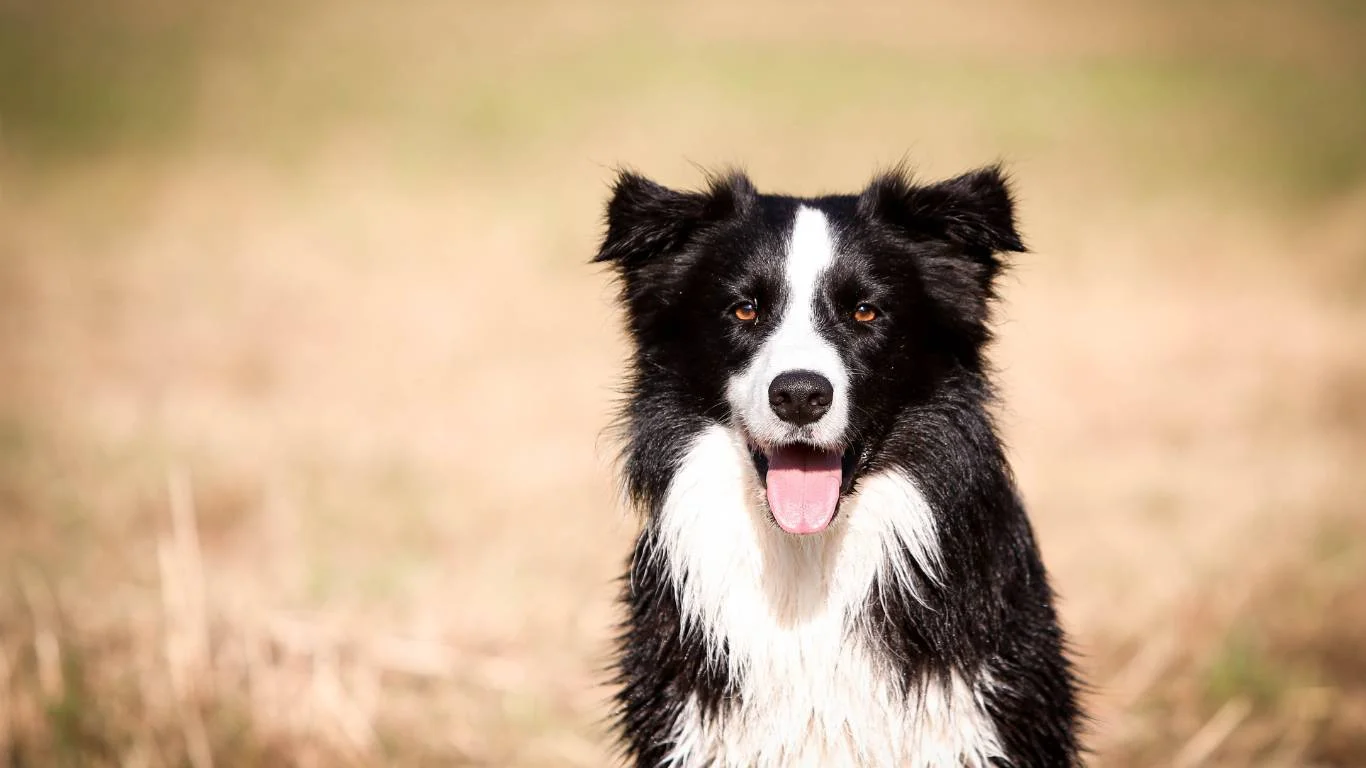
1. Heart Disease
One of the more serious concerns behind nighttime panting and restlessness is heart disease. Dogs with heart issues may have trouble breathing while lying down, which causes them to get up, pace, or pant. This is something we always check for in older dogs or breeds prone to cardiac conditions like Cavaliers or Dobermans.
If your dog’s panting seems heavy or labored, and they cough after lying down, don’t wait — call your vet.
2. Cognitive Dysfunction (Doggie Dementia)
Senior dogs can suffer from a form of dementia called Canine Cognitive Dysfunction (CCD). It’s more common than most people realize. These dogs often get their days and nights confused, leading to restlessness, whining, or even accidents indoors after dark.
It’s heartbreaking to watch, but the good news is there are both nutritional and medical strategies that can help. I’ve worked with several pet parents to adjust their dogs’ diets (hello, omega-3s and antioxidants!) and set up predictable routines, and the improvements can be real.
3. Cushing’s Disease
This one often surprises people. Dogs with Cushing’s disease produce too much cortisol, a stress hormone. One classic sign? You guessed it — panting at night.
Other signs include a pot-bellied appearance, increased thirst and urination, and thinning fur. If your dog’s restlessness is paired with these symptoms, it’s worth having a vet run some bloodwork.
When to Worry About Your Dog’s Nighttime Restlessness
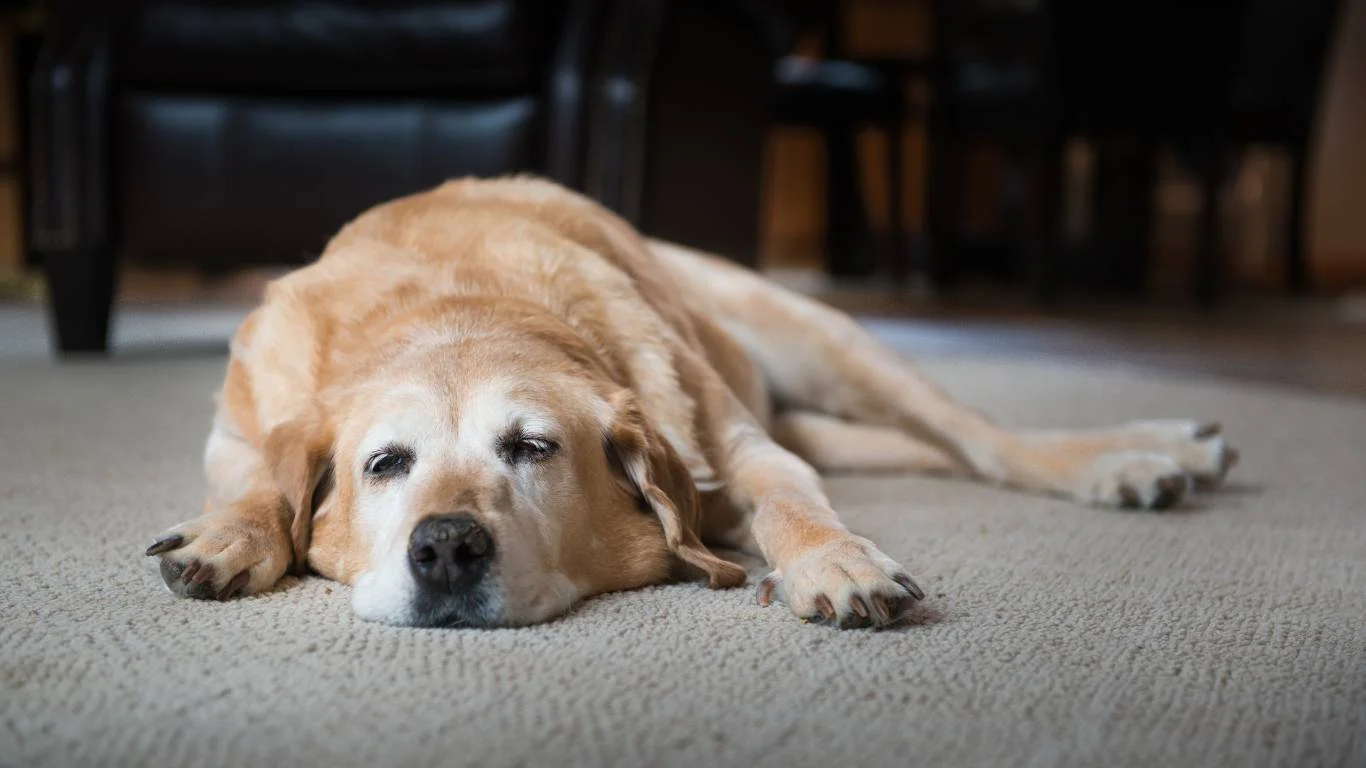
Let’s be real — not every pant or pacing spell means there’s a serious issue. Sometimes your dog’s just too hyped up from that late-night squirrel chase in the yard. But if it becomes a pattern, or it’s paired with other red flags, don’t brush it off.
Here’s when you should absolutely talk to your vet:
- Your dog is older or has existing health conditions
- The panting is excessive or seems like labored breathing
- They’re not settling down even after comfort or calming attempts
- You notice other symptoms (vomiting, coughing, limping, appetite loss)
I’ve had pet parents come in thinking their dog was just “being weird,” and after a little digging, we found underlying issues that needed real attention. You know your pup best — if your gut says something’s off, trust it.
Behavioral Triggers You Might Be Overlooking

1. Lack of Mental Stimulation During the Day
This is one I’ve seen pop up a lot more in high-energy breeds, especially working dogs or intelligent pups like Border Collies and Aussies. When a dog isn’t mentally or physically tired, they tend to “wake up” at night. It’s like their brain suddenly needs something to do… and you’re stuck watching them do laps around the coffee table.
One client had a young Shepherd mix who was perfectly calm during clinic visits, but every night, she’d start pacing and panting. Turns out, she needed more mental exercise — not just long walks. Once her owners added puzzle feeders, scent games, and more structured training into her daily routine, her nighttime restlessness basically disappeared.
- Interactive toys or puzzle feeders can work wonders
- Short, focused training sessions help drain mental energy
- Hide-and-seek games with treats can offer low-impact stimulation
2. Separation Anxiety
Even if you’re home all day, your dog can still experience separation stress when you go to bed and leave them in another room. I’ve had so many pet parents assume their dog just “likes sleeping near the door” — when in reality, that dog is anxiously waiting for their return.
For one anxious Dachshund I worked with, the simple act of moving her bed closer to her humans’ room changed everything. There was no more panting, no more whining. Sometimes, the solution is really about closeness and reassurance.
3. Changes in Household Dynamics
This one can sneak up on you. A new pet, a visiting relative, a baby crying in the middle of the night — even changes you barely notice can send your pup into nighttime turmoil.
Dogs are creatures of routine. They don’t love surprises, and even subtle shifts can throw off their rhythm. I always recommend giving dogs a “safe space” — a spot in the home where they can retreat when things get overwhelming. Whether it’s a crate with a comfy bed or a quiet guest room, it helps give them control.
How Nutrition Can Impact Nighttime Behavior
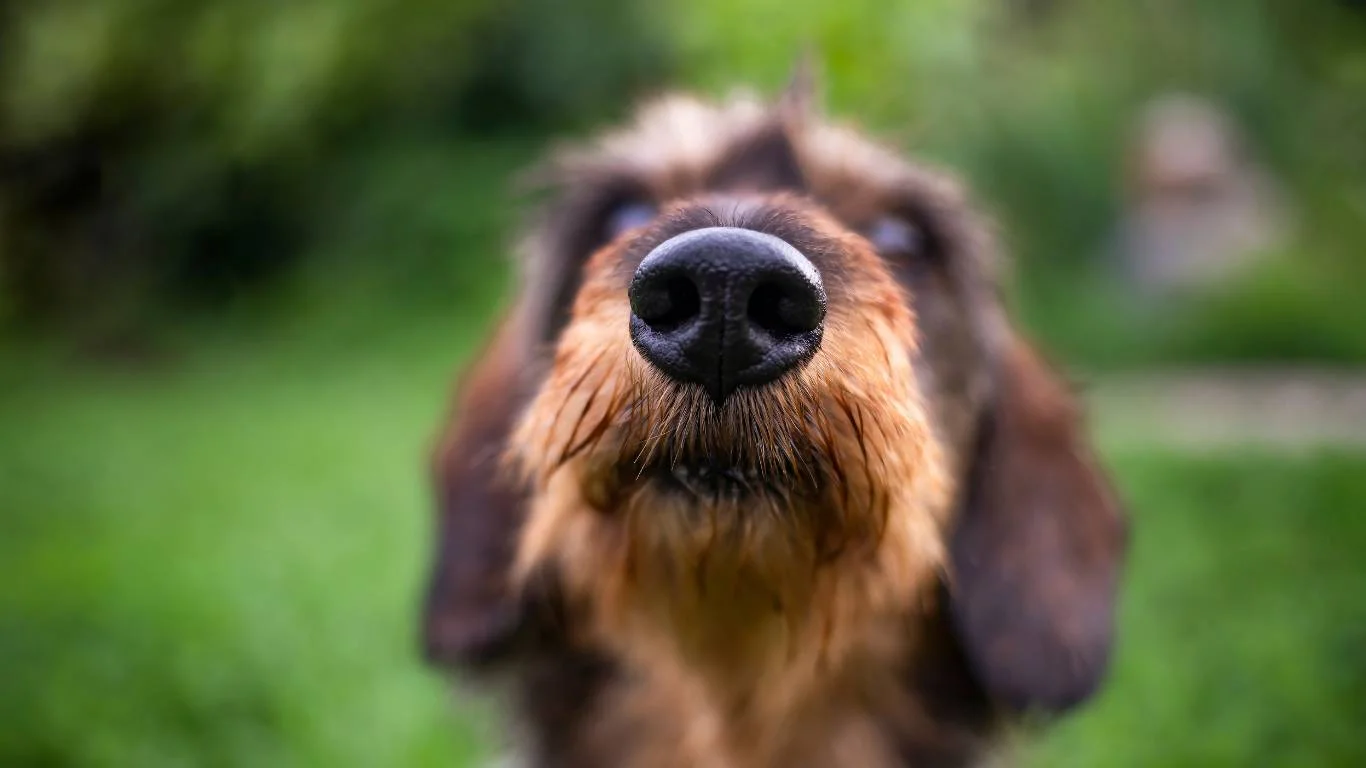
1. Blood Sugar Spikes or Drops
One overlooked cause of nighttime panting and restlessness is unstable blood sugar levels. Just like people, some dogs experience dips in blood sugar — especially if they’ve had a carb-heavy meal and then go too long without food.
I’ve seen it with toy breeds in particular, like Yorkies and Chihuahuas. They’d start panting around 3 a.m., seemingly for no reason. Adding a small, protein-rich bedtime snack made a noticeable difference.
- Boiled chicken or a spoon of plain Greek yogurt before bed
- Low-glycemic kibble or gently cooked food as the main diet
- Avoid sugary treats and fillers like corn or white rice late at night
2. Inflammatory Ingredients
Food sensitivities don’t always show up as vomiting or diarrhea. In my work, I’ve seen more subtle signs — like panting, restlessness, or even licking and scratching at night. It’s the body’s way of saying “something’s off.”
When we switched dogs off of common triggers like soy, wheat, or certain protein sources (chicken is a sneaky one), we often saw calmer, more restful sleep patterns emerge. I always suggest starting with a limited-ingredient diet or trying a food trial under vet guidance.
3. Nutrients That Support Calm Behavior
Nutrition can be a secret weapon in calming an anxious or overstimulated pup. Certain ingredients can promote relaxation, especially when paired with a consistent bedtime routine.
- Omega-3 fatty acids: Helps reduce inflammation and anxiety
- L-theanine and tryptophan: Found in calming supplements or specific diets
- Probiotics: Gut health = mood health (yes, even for dogs!)
I personally saw great results using a calming veterinary diet with one of our senior patients who had CCD. It didn’t “cure” his night wandering, but it definitely took the edge off and made evenings much easier for the whole household.
What You Can Do Tonight (and Every Night) to Help

1. Set a Calming Nighttime Routine
Just like kids (and adults), dogs thrive on routine. When things are consistent, they start to know what to expect — and that lowers their anxiety naturally.
Here’s what I often recommend to clients:
- A short walk or bathroom break after dinner
- Gentle play or massage time about an hour before bed
- Lights dimmed and noise levels reduced 30 minutes before bedtime
- Same sleeping spot each night, with calming scents like lavender nearby (yes, there are dog-safe versions!)
2. Try Natural Calming Aids
There’s a whole world of gentle, natural aids out there that can help settle a restless dog. I’m not talking sedatives — more like soft nudges to help their brain downshift.
- Adaptil diffusers: Releases dog-appeasing pheromones
- CBD oil or calming chews: But only with vet guidance — not all are created equal
- Weighted blankets or thunder shirts: These help some dogs feel secure
I tried a calming diffuser on a nervous mixed-breed pup who was rescued from a neglect case. Within a week, she started sleeping more soundly and didn’t need to circle her bed ten times before lying down.
3. Keep a Nighttime Journal
This tip surprises a lot of people, but it works. Keep a small log of your dog’s nighttime habits — when they start panting, how long it lasts, what they ate, weather conditions, etc. Patterns will start to emerge, and they can be super helpful for both you and your vet.
In fact, I once noticed that a dog I was fostering only got restless on nights when our upstairs neighbors were active late. Just that awareness allowed me to adjust her routine to avoid that trigger completely.
When to See Your Veterinarian for Nighttime Restlessness
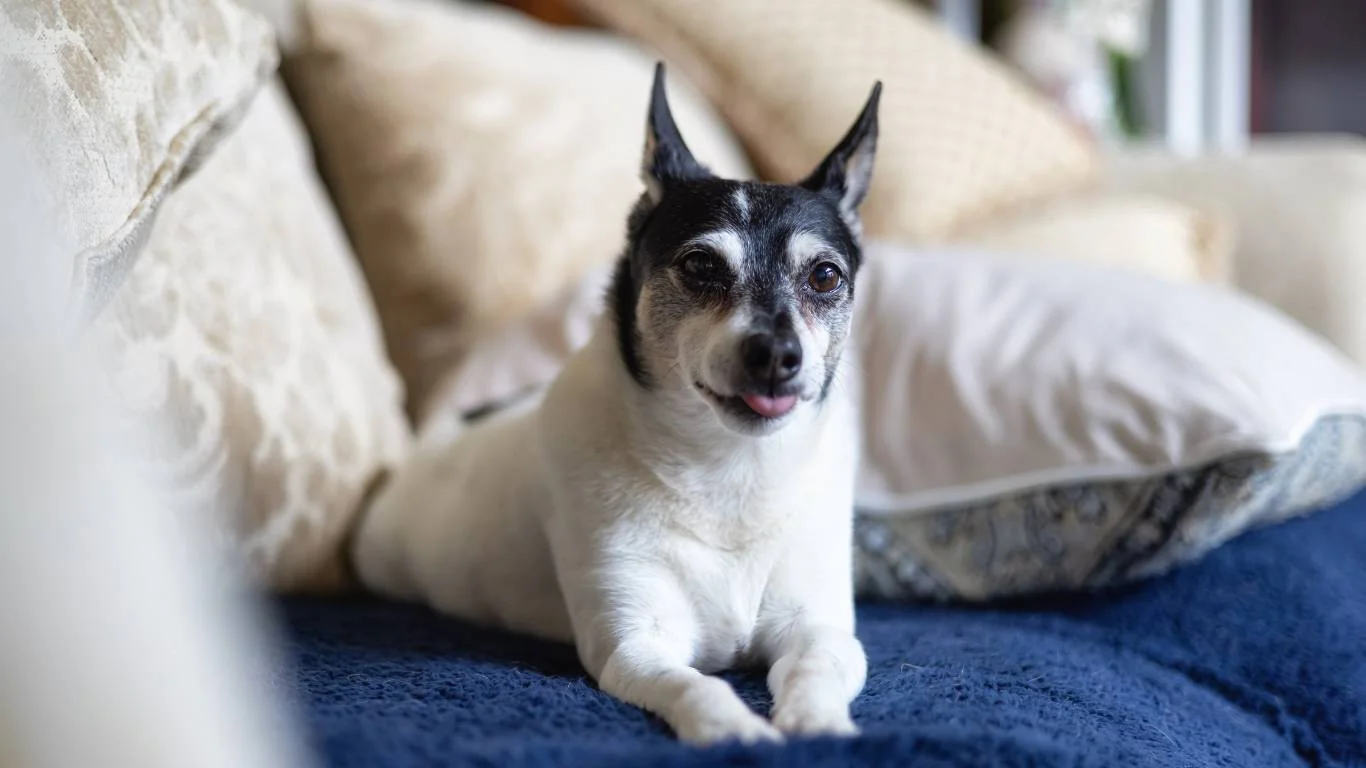
1. Persistent Nighttime Panting That Doesn’t Improve
If your dog’s nighttime panting and restlessness persist despite trying common calming strategies, it might be time to reach out to your veterinarian. I always tell clients to trust their instincts. If your dog is panting heavily and seems uncomfortable, don’t wait for it to “get better on its own.” Often, issues like heart disease, arthritis, or even cancer can slowly creep in, and early detection is key for effective treatment.
During one clinic visit, a pet parent came in concerned about their dog’s panting, which had become progressively worse at night. A thorough examination revealed early-stage heart disease that would have gone unnoticed if left unchecked. The good news is, with timely intervention, their dog started on a heart medication that helped reduce those nighttime episodes.
2. Signs of Serious Illness or Pain
Sometimes, panting is a red flag for more serious health issues like pain or discomfort. While we’ve covered common causes like arthritis or dental issues, there are conditions that can cause significant pain that might not be immediately obvious to you.
For example, dogs with conditions like pancreatitis, pyometra, or even some types of cancer can exhibit restlessness, particularly at night when they’re trying to find a comfortable position. If your dog’s restlessness is accompanied by other symptoms like vomiting, lethargy, loss of appetite, or unexplained weight loss, don’t hesitate to schedule a vet appointment as soon as possible.
- Persistent vomiting or diarrhea
- Loss of appetite or drastic weight changes
- Difficulty standing, walking, or responding to commands
- Changes in urination or defecation habits
Professional Recommendations for Treating Nighttime Restlessness
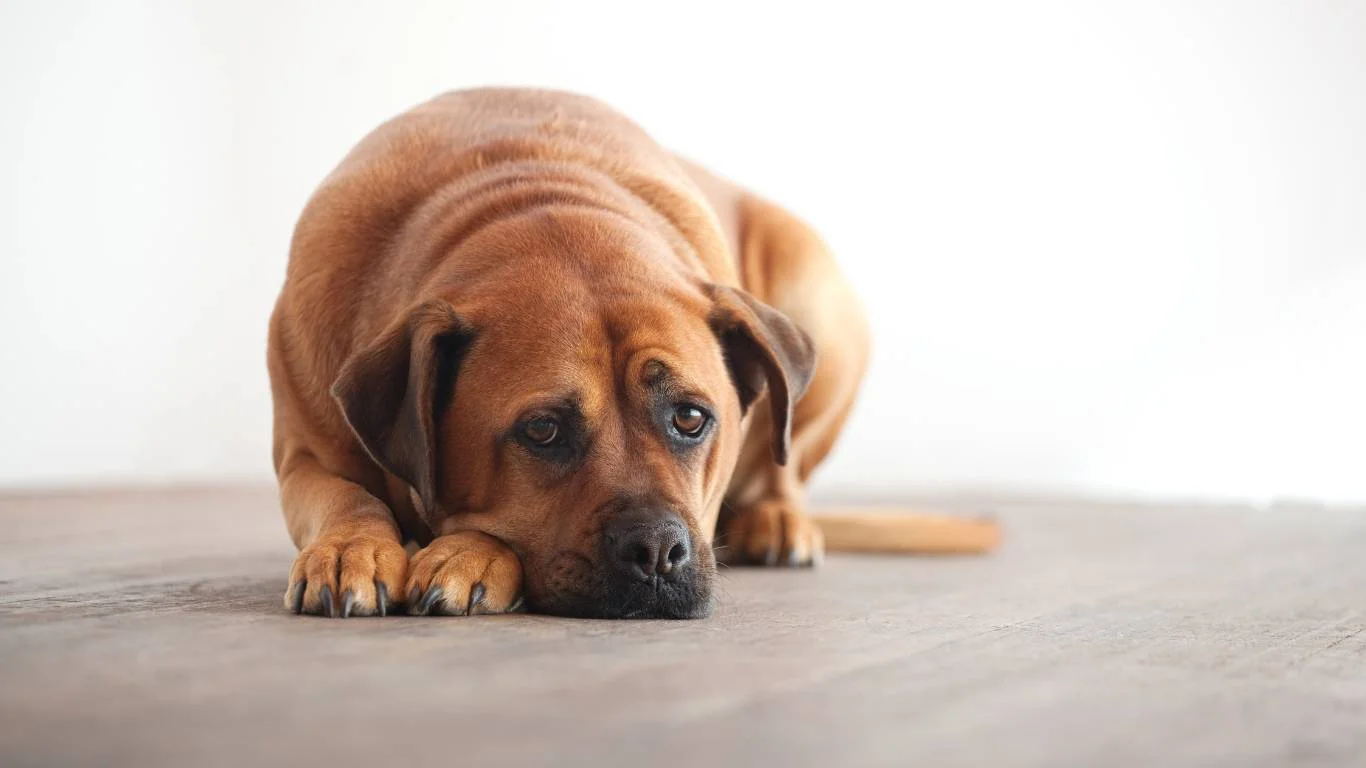
1. Medical Management of Anxiety and Stress
If your dog’s nighttime issues stem from anxiety or stress, there are several options available to you. While natural methods like CBD and calming diffusers work for many dogs, there are also prescription medications designed to help manage anxiety in dogs. These medications are typically used alongside behavioral modification techniques, such as crate training or desensitization to specific triggers like loud noises.
Some common medications prescribed by vets include:
- Fluoxetine (Prozac): A common anti-anxiety medication used to help calm hyperactive dogs.
- Amitriptyline: Often used for separation anxiety or stress-induced behaviors.
- Clomipramine: This is commonly prescribed for obsessive-compulsive disorders or generalized anxiety.
Medication may sound like a last resort, but it can be a game-changer for dogs with severe anxiety. I’ve seen dogs with chronic restlessness or nighttime pacing significantly improve after starting a proper medication regimen. Always consult your vet before starting any medications.
2. Behavior Modification Techniques
Behavioral changes can often make a big difference when it comes to managing nighttime restlessness. Many dogs benefit from routines that mimic a calm, predictable lifestyle.
I’ve worked with several pet owners who used simple but effective strategies to reduce their dog’s anxiety. Some techniques include:
- Crate training: This helps anxious dogs feel safe and secure in a confined space.
- Creating a “bedtime ritual”: Just like we do with children, establishing a predictable routine for your dog before bed can signal to them that it’s time to wind down.
- Reducing environmental stress: Keep the area calm and dark, and avoid loud noises or disruptions near bedtime.
These techniques are not a quick fix, but with time and patience, they can help your dog feel more comfortable and secure during the nighttime hours.
References
For more information on your dog’s health and well-being, I recommend checking out these trusted sources:
- American Kennel Club (AKC) – For breed-specific health tips
- PetMD – Offers expert advice on dog health and behavior
Disclaimer
The information provided in this article is intended for general informational purposes and should not be considered as veterinary medical advice. Always consult with a licensed veterinarian for a proper diagnosis and treatment plan tailored to your dog’s specific needs. This article does not replace professional veterinary care, and individual circumstances may vary. Always seek medical advice if your pet is experiencing severe symptoms.
